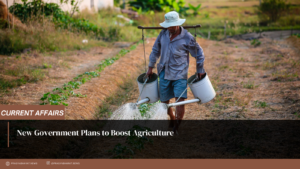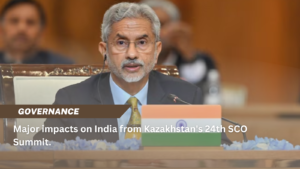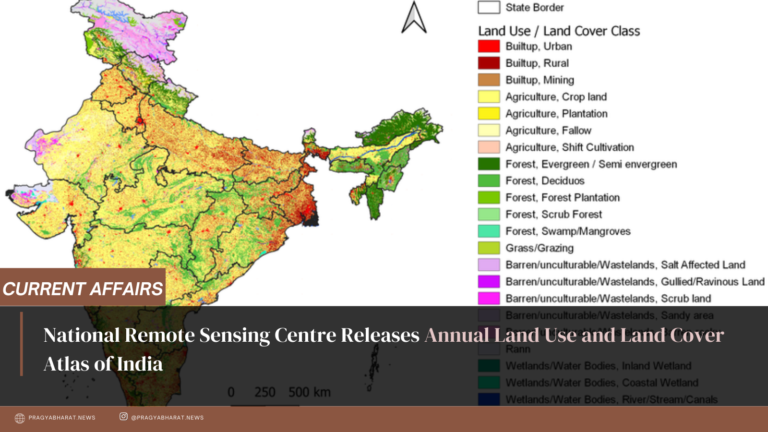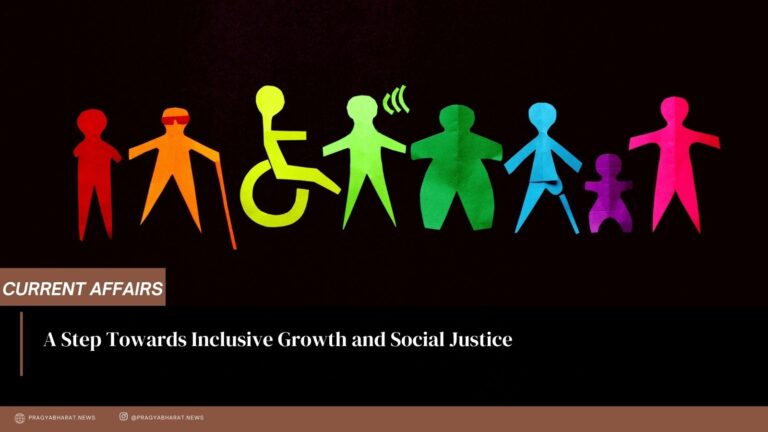By Shweta Patil
PC- FURELFULES
The GBA, launched at the G20 Summit, advances global biofuels, with the UAE’s entry signaling energy diversification and potential economic benefits.
At the recent G20 Summit, a groundbreaking initiative led by India, involving leaders from Singapore, Bangladesh, Italy, the United States, Brazil, Argentina, Mauritius and the United Arab Emirates, the Global Biofuels AllianceGBA was officially launched. This milestone project will be a major driver of the acceptance and spread of biofuels, as well as provide an important impetus to the worldwide transition toward renewable energy sources.
In particular, the Global Biofuels Alliance aims to facilitate intersectoral cooperation in order to speed up the development and deployment of biofuels as a crucial part of future energy transformation by using shared knowledge and skills acquired from governments, industry and International Organisations.
GBA arrives on the scene at a time when the International Energy Agency (IEA) has underscored the critical role of biofuels in decarbonizing the transportation sector. Despite the demand for biofuels hitting a record high of 4.3 exajoules in 2022, as per IEA data, it falls short of the 2050 net-zero emissions targets. In order to reach these objectives, biofuel production must be at least 10 exajoules higher by 2023 and that requires an 11% annual increase in the use of biofuels.\
The Alliance will serve as a major platform for exchanging knowledge, skills, technologies and policies between Member States. It will make it easier, through capacity building programs and technical assistance, to better understand the dynamics between biofuels supply and demand on different markets. The founding members of the GBA are India, the United States of America and Brazil. By now, the total number of countries that have joined this alliance is 19, which includes G20 members and others not yet part of it.
Furthermore, GBA is joining forces with 12 international organizations, including the World Bank, the Global Economic Forum, UN-Energy for Everyone, UNIDO, the International Energy Agency and the International Energy Forum.
The entry of the United Arab Emirates in the Gulf Alliance is a historical moment, as this will be the first member state from the Middle East. This is a signal of the United Arab Emirates’ determination to diversify its energy supply and reduce its greenhouse gas emissions, particularly when it hosts COP 28 later this year. The United Arab Emirates has made significant progress in the area of biofuels, according to Karl Feilder, founder and CEO of a biofuel firm called Neutral Fuels. He pointed out that, in 2022, sales of biofuels doubled and are expected to increase further by 2023. Feilder acknowledged the leadership of the United Arab Emirates in biofuels, as well as its commitment to GBA, and pointed out that this move would lead to greater use of biofuels worldwide. There is a great potential for economic opportunities in the Alliance. In the IBA’s view, in the next three years, GBA could generate up to $500 billion of opportunities for Member States. This endeavor will create significant economic and environmental benefits by virtue of biogas alone, which could be worth as much as $200 billion.




















+ There are no comments
Add yours